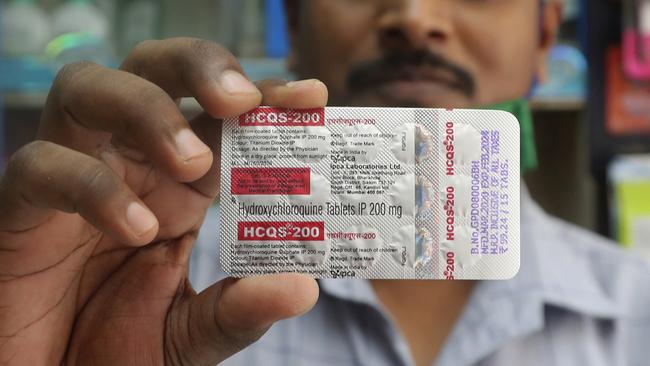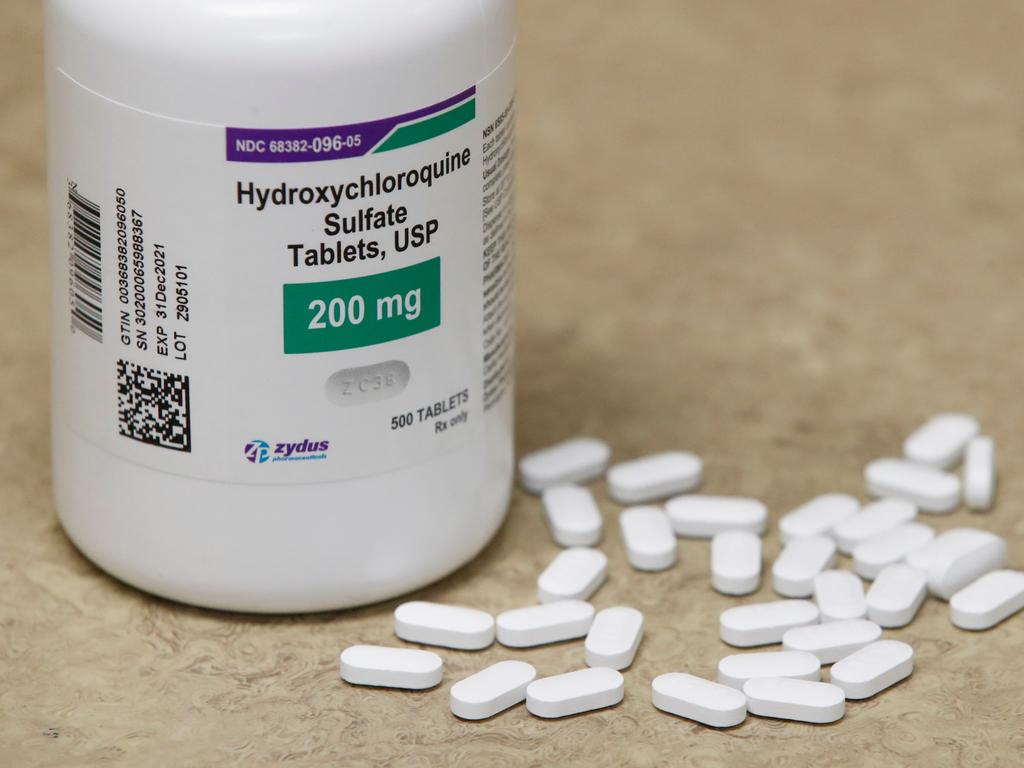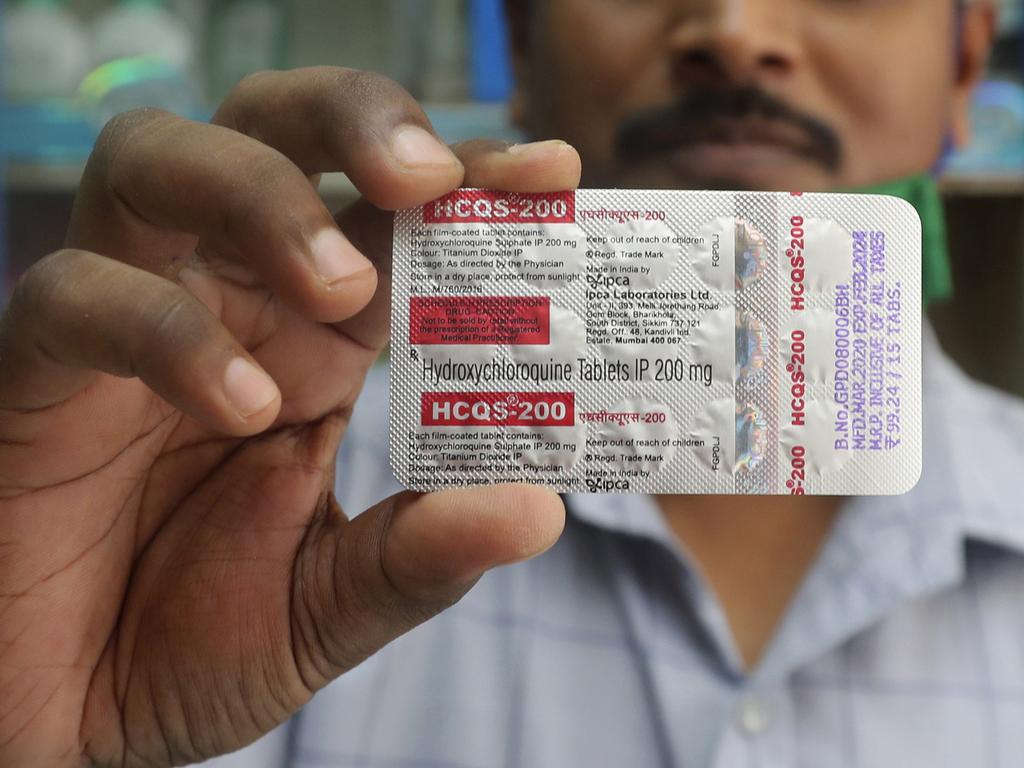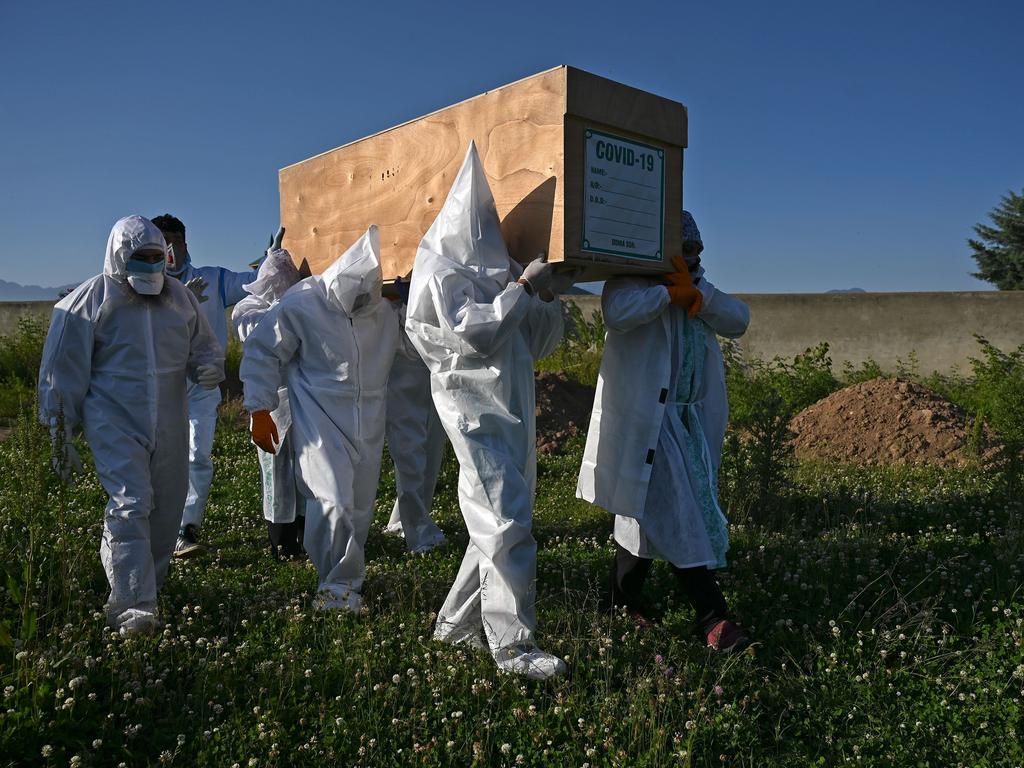Coronavirus: India and Indonesia stand by antimalarials
India and Indonesia will continue to use anti-malarial drugs for COVID-19 against advice from the World Health Organisation.

Two of the world’s major producers of antimalarials chloroquine and hydroxychloroquine, India and Indonesia, say they will continue to use the drugs in the treatment and prevention of COVID-19 against new advice from the World Health Organisation.
The WHO announced on Monday that it was suspending a global clinical trial of antimalarial treatments for COVID-19 patients and was now advising against using the drugs for treating coronavirus outside of medical trials.
The decision was prompted by a study published in medical journal The Lancet that found the drugs increased the chances of death and irregular heart rhythm in patients when used to treat — rather than prevent — COVID-19.
The Lancet’s research was the largest study so far and was based on more than 96,000 samples from five continents. It prompted the WHO to drop hydroxychloroquine as one of four drugs being tested under its global Solidarity trial to find an effective treatment for the novel coronavirus.
Both India and Indonesia, however, said this week they would continue with the drugs while closely monitoring their use.
India accounts for 70 per cent of global production of hydroxychloroquine and has drastically increased exports of the drug in recent months. It has shipped more than 50 million hydroxychloroquine tablets to the US alone and has begun sending shipments of the drug as aid to 76 developing nations.
Indonesian doctors have been using chloroquine and hydroxychloroquine — championed by US President Donald Trump — to treat all COVID-19 patients with symptoms. The country has produced an estimated 15 million doses since March, when the government ordered a scaling-up of production. Mr Trump said last week he had been using the drug as a prophylaxis against the virus after several White House staff tested positive for COVID-19.
Indonesian Medical Association president Zubairi Djoerban told The Weekend Australian he had twice messaged association members referring them to the study in The Lancet and urging them to stop using the drug to treat COVID-19 patients, but had received mixed responses.
Wiku Adismasmito, a member of Indonesia’s COVID-19 national taskforce, said late on Thursday that the government would comply with WHO advice to end the use of hydroxychloroquine in trials but would continue to use it to treat COVID-19 patients, pending further advice.
“According to the Ministry of Health, patient care guidelines published by the five medical professions are continuously assessing the usage of this drug (with) smaller doses and shorter duration of administration,” Professor Wiku said.
“At present, the profession continues to use the appropriate protocol and monitor it closely,” but the taskforce would await further WHO advice in the next fortnight, he said.
India too is pushing ahead with the use of hydroxychloroquine as a preventive treatment for medical workers, after its peak medical research body said this week its own studies showed no major side-effects from its use.
India’s clinical guidelines for coronavirus treatment also allow for the administering of hydroxychloroquine, though only to patients “with severe disease and requiring ICU management”.
The Indian Council for Medical Research said this week there was no evidence the drug caused harm as a prophylaxis. France, Belgium and Italy all moved to ban the drugs on Wednesday.
Additional reporting: Chandni Vasandani, Reuters








To join the conversation, please log in. Don't have an account? Register
Join the conversation, you are commenting as Logout